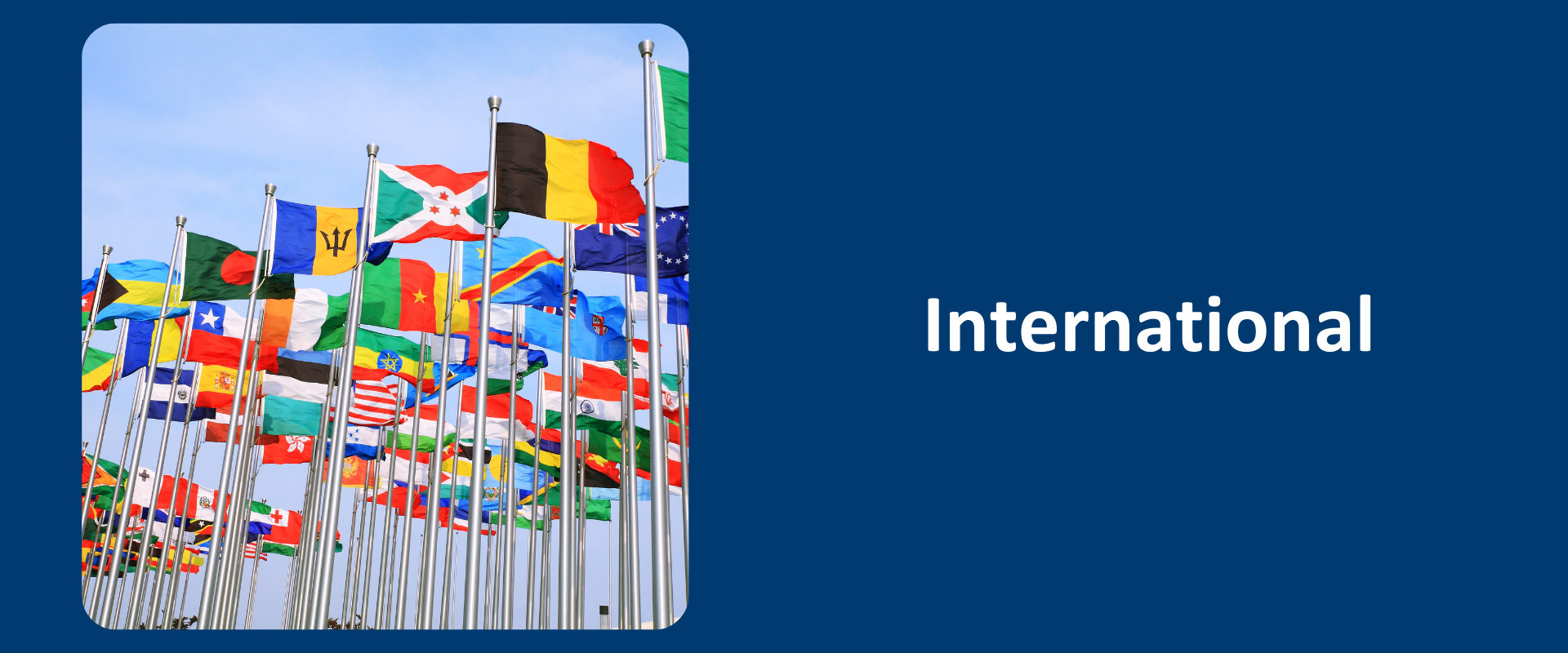Visas
Citizens of certain countries need a visa in order to enter the country. An Irish visa is a certificate placed on your passport or travel document to indicate that you are authorised to land in the State subject to any other conditions of landing being fulfilled. This means that you will still be subject to immigration control at the point of entry to the State even if you have a visa. Information on visa’s is available on the (opens in a new window)Citizen’s Information website.
Right to work
If you are from an EU member state or one of the countries of the EEA or Switzerland, you are entitled to come to work in Ireland. You do not need an employment permit. You are entitled to have your dependants come to live with you. If your non-EEA spouse or civil partner is coming to live in Ireland with you, they must apply for permission to remain under EU Treaty Rights in order to have similar rights to live and work in Ireland.
If you are from another country then generally you need an employment permit.
You do not need an employment permit in order to work legally in Ireland if you are in one of the following categories:
- Citizens of the (opens in a new window)EEA member states and Switzerland, and their spouses, civil partners and dependants (regardless of their nationality)
- People who have been granted (opens in a new window)refugee status in Ireland
- People who have been refused refugee status but have been given (opens in a new window)permission to remain on (opens in a new window)humanitarian grounds
- People who have been given permission to remain because they are the spouse, civil partner or parent of an Irish citizen
- Postgraduate students where the work is an integral part of the course of study being undertaken
- Non-EEA nationals (opens in a new window)carrying out scientific research for an approved research organisation
- The (opens in a new window)Van der Elst process generally allows a non-EEA national, legally employed by a company in an EU country, to provide services on a temporary basis to a company in another EU country on behalf of his/her employer without the need to obtain an employment permit.
The (opens in a new window)Atypical Working Scheme allows eligible non-EEA nationals to do certain short-term contract work in Ireland
Employment permits
Since 1 October 2014, there are (opens in a new window)9 types of employment permit. They include the (opens in a new window)Critical Skills Employment Permit for highly skilled workers and the (opens in a new window)General Employment Permit which have replaced the work permit and Green Card permit respectively.
The Department of Business Enterprise and Innovation provide information on applying for a work permit at the following (opens in a new window)link.
UCD HR will support the application process for a work permit.
